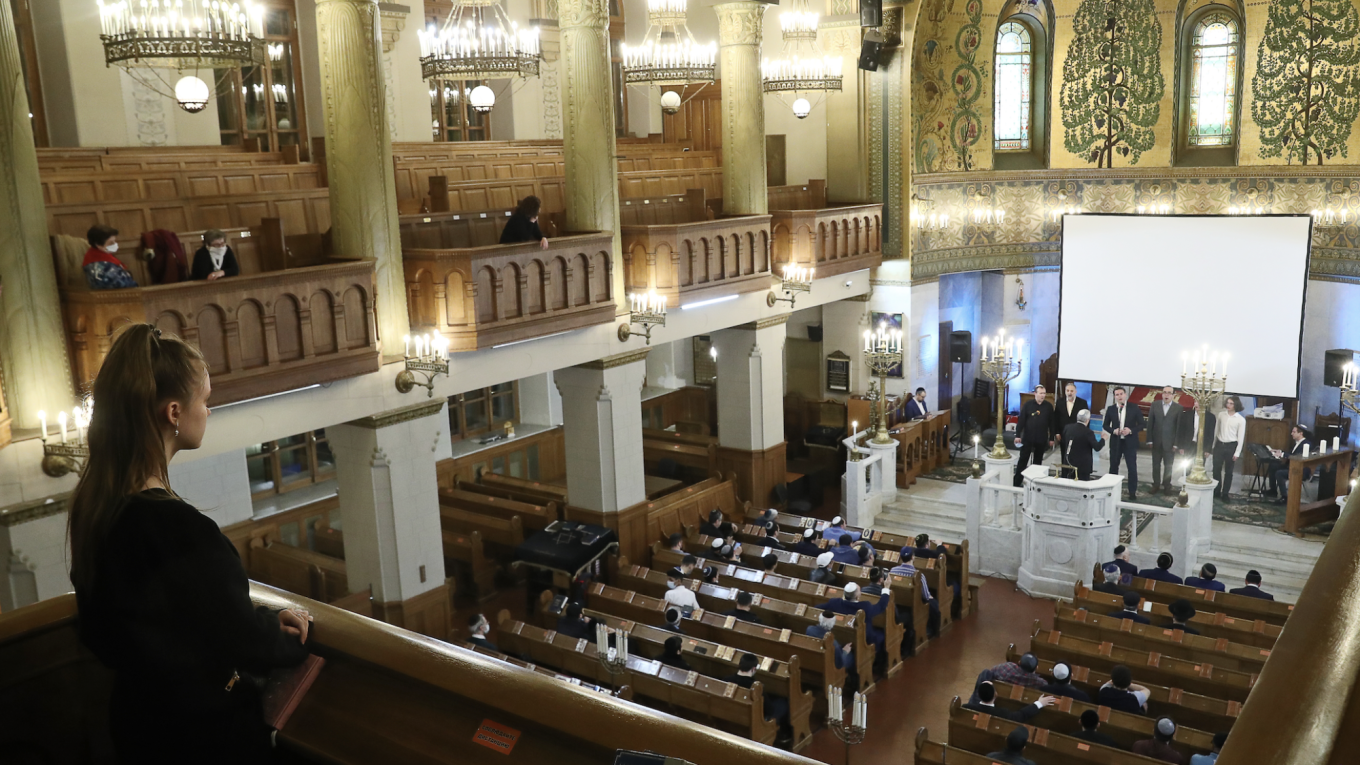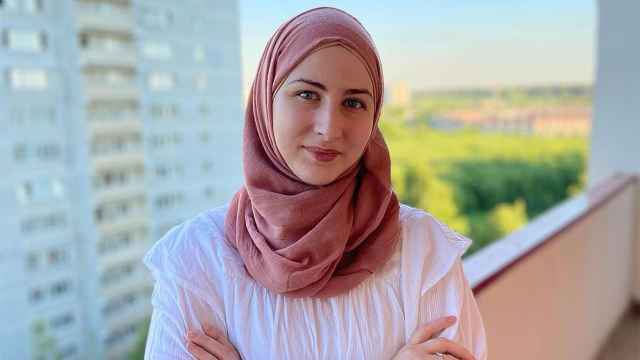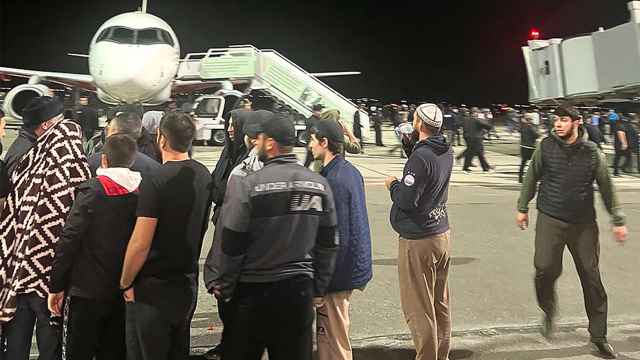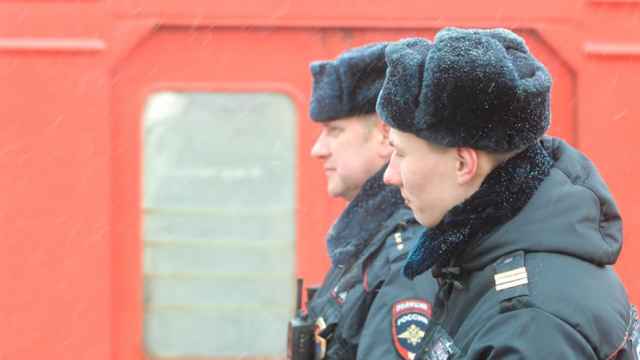Russia’s Jewish community has called on the Russian government to prosecute anti-Israel rioters who stormed an airport in the republic of Dagestan seeking to attack arriving Jewish and Israeli passengers.
Russia’s Federation of Jewish Communities (FJC) asked authorities to “find and severely punish” those who stood behind Sunday’s incident in the majority Muslim region of the North Caucasus.
“Anti-Israeli sentiment has now turned into open aggression towards even Russian Jews,” Alexander Boroda, the president of the FJC, said in a statement addressed to Russian authorities shared with The Moscow Times.
“We see that local authorities were unprepared for such incidents and allowed large-scale violations of law and order, mass demonstrations with open threats to Jews and Israelis who might have been at the Makhachkala airport,” Boroda said, adding that local authorities likely “could not have imagined that such unrest would engulf the multi-ethnic Caucasus.”
Hundreds of people stormed the international airport in the Dagestani capital of Makhachkala, resulting in 60 people being detained and 20 people injured. Videos shared online showed groups of men pelting objects at police, storming the tarmac and attempting to board aircraft as passengers hid inside.
Anti-Israel and pro-Palestine sentiments have been running high in Russia’s North Caucasus in the weeks since the Hamas militant group’s deadly attack on Israel set off a relentless Israeli aerial campaign on the Gaza Strip.
More than 80,000 people identified themselves as Jewish in the most recent national census in 2021, according to Russia’s state statistics service, while FJC placed the number of Jews in Russia at up to 1 million in 2020.
The Chief Rabbinate of Russia’s representative in Dagestan, Ovadya Isakov, described the current situation for Jews in his republic as “very difficult.”
“People from the community are afraid, they are calling me and I don’t know what to advise…There are about 300-400 families in Derbent, I think the same number is throughout Dagestan,” Isakov told the Podyom news outlet on Sunday.
“Should we even leave? [The rest of] Russia is not salvation, there have been pogroms in Russia too,” Isakov said.
“It’s not clear where to run,” said Isakov, who was previously attacked in Dagestan, but stayed in the region. “I don't feel safe, although the synagogue is guarded and patrolled.”
The Russian Jewish Congress condemned the attack, saying in a statement that the unrest “is unprecedented in scale and completely atypical for both the North Caucasus and modern Russia.”
Moscow rabbi Shmuel Kuperman told The Moscow Times that the riot, which Russian officials have blamed on "external interference," is an issue that concerns not only the Jewish community but also the safety of everyone living in Russia.
“What happened should attract attention — why weren’t they stopped? Why were they allowed on the runway?” Kuperman said in a phone interview.
“We are in touch with police regarding the security,” he said, noting that the situation in Russia “feels better than in European cities,” where pro-Palestine demonstrations were held this month.
Elsewhere, Russia’s Jewish community has been working to raise support for Israel since the bloody Oct. 7 incursion by Hamas militants.
The Russian Jewish Congress said it had collected around 50 million rubles ($536,230) for the medical needs of Israeli hospitals.
Russia’s synagogues have been collecting money and holding additional prayers for Israel, Kuperman told The Moscow Times.
“This is the power that now unites the Jewish people,” Kuperman said.
Synagogue-goers echoed this sentiment.
Anna, a resident of Moscow, said she is raising money in Russia from friends and sending it to Israel's national emergency medical, disaster, ambulance and blood bank service and several humanitarian funds that collect aid for Israeli soldiers.
“People are willing to contribute any money they can to help this country survive," Anna, 25, said in a phone interview, requesting anonymity to speak freely on a politically sensitive topic.
“I think this is important for the people of Israel, especially for the military as this support gives them strength.”
A Message from The Moscow Times:
Dear readers,
We are facing unprecedented challenges. Russia's Prosecutor General's Office has designated The Moscow Times as an "undesirable" organization, criminalizing our work and putting our staff at risk of prosecution. This follows our earlier unjust labeling as a "foreign agent."
These actions are direct attempts to silence independent journalism in Russia. The authorities claim our work "discredits the decisions of the Russian leadership." We see things differently: we strive to provide accurate, unbiased reporting on Russia.
We, the journalists of The Moscow Times, refuse to be silenced. But to continue our work, we need your help.
Your support, no matter how small, makes a world of difference. If you can, please support us monthly starting from just $2. It's quick to set up, and every contribution makes a significant impact.
By supporting The Moscow Times, you're defending open, independent journalism in the face of repression. Thank you for standing with us.
Remind me later.







